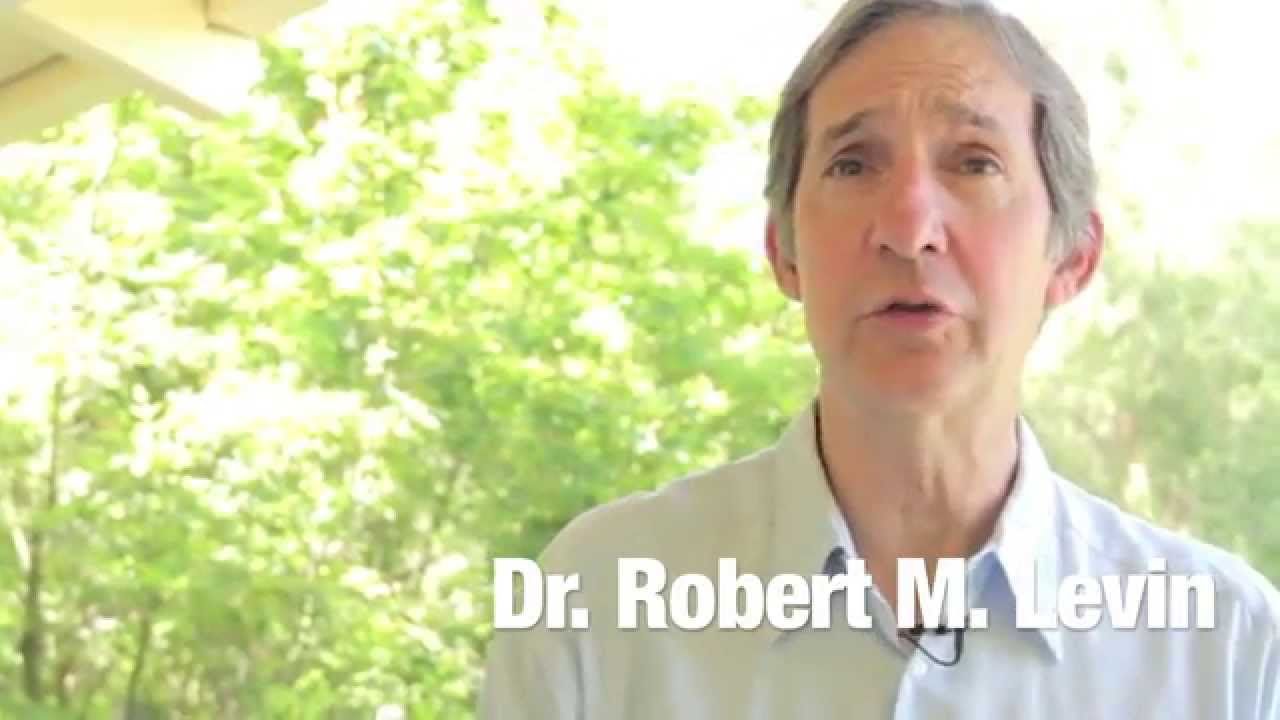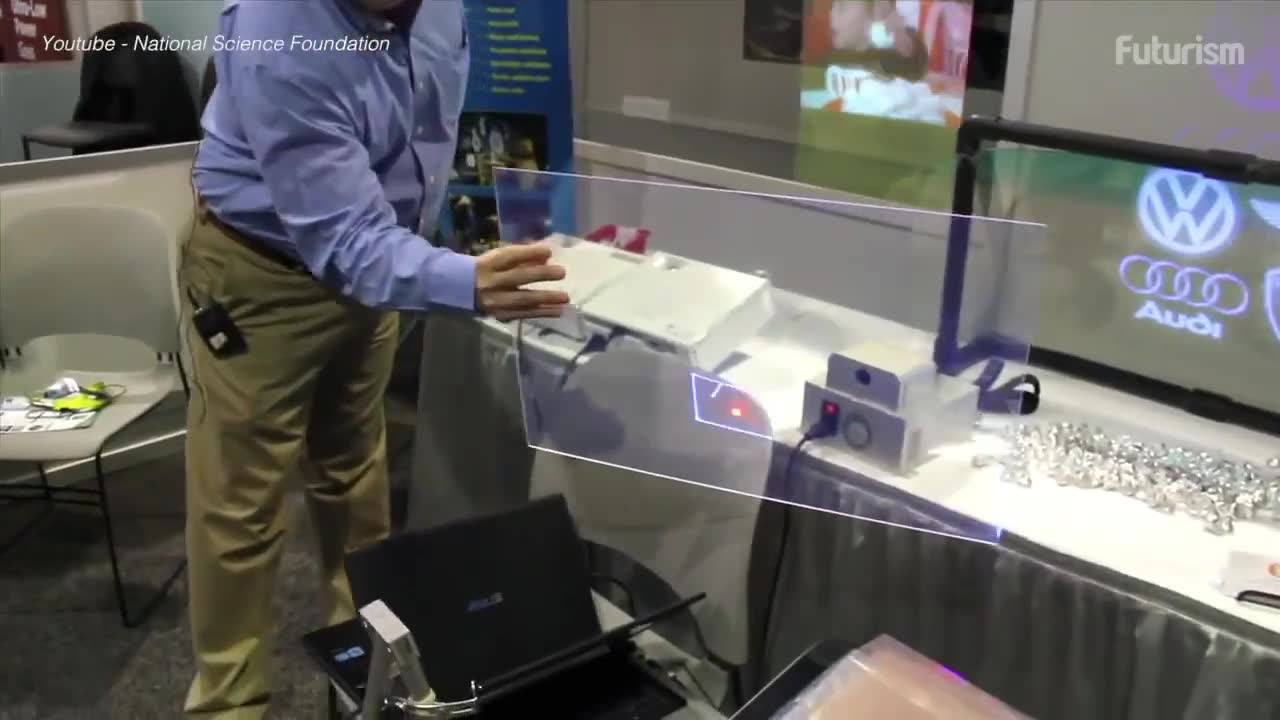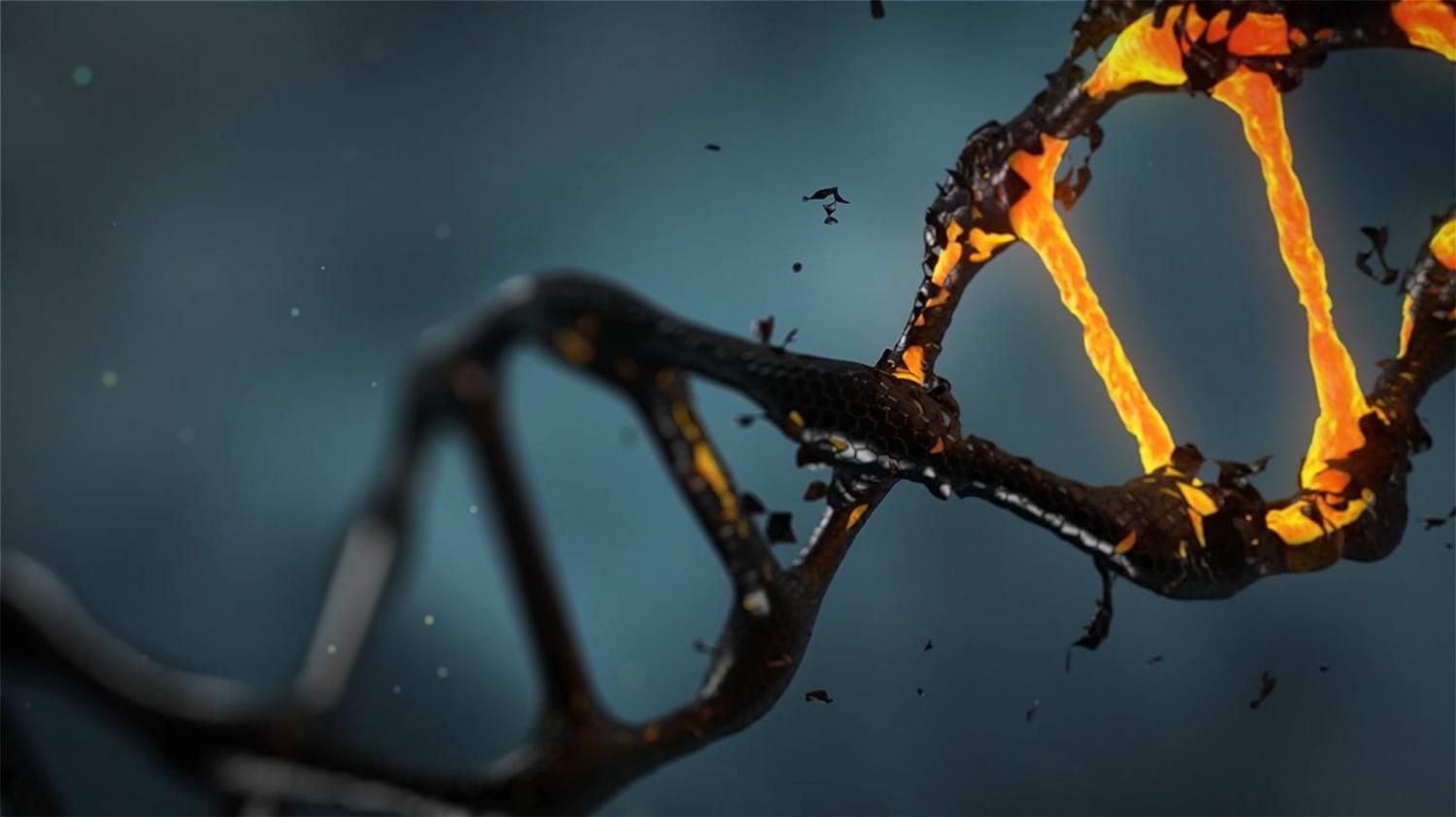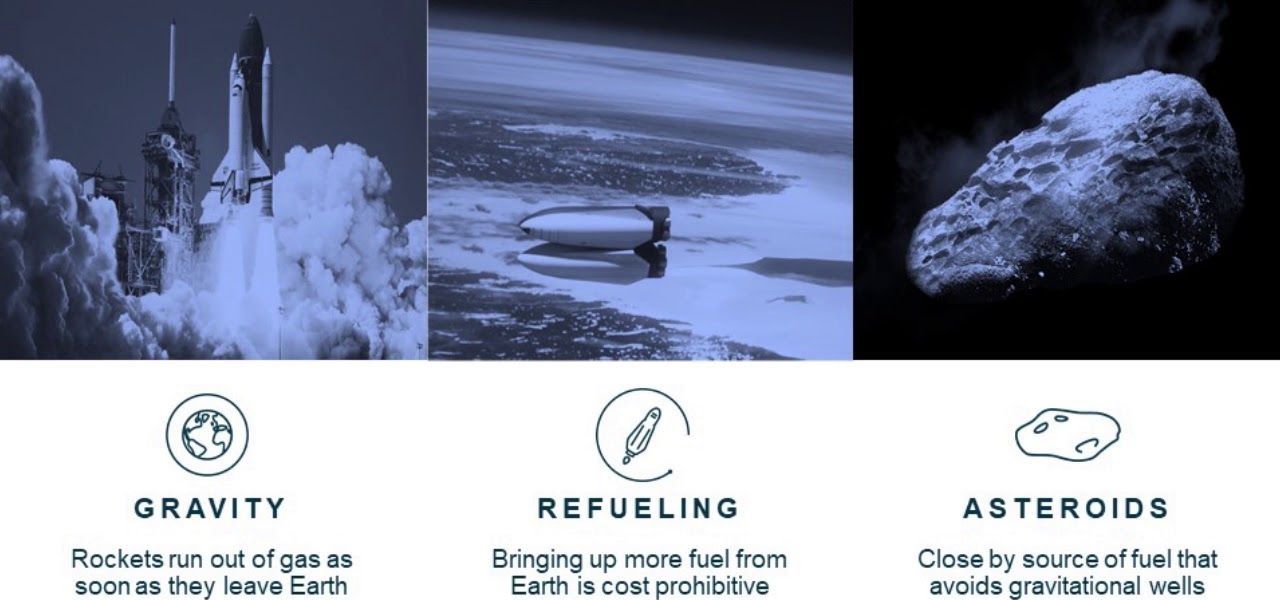Page 9160
Sep 16, 2017
Energy Dept Spends $33M to Harden Grid Against Network, Kinetic Attack
Posted by John Gallagher in categories: cybercrime/malcode, energy
The grants focus on improving grid resiliency during a cyberattack and speeding recovery.
The Energy Department announced a roughly $33 million investment Tuesday in seven projects aimed at securing the electric grid against cyberattacks, physical attacks and weather disasters.
The projects are designed both to make grid systems more secure against cyberattacks and to improve their ability to withstand a cyberattack, according to a department fact sheet.
Continue reading “Energy Dept Spends $33M to Harden Grid Against Network, Kinetic Attack” »
Sep 16, 2017
2017 Baillie Gifford Longlist Announced
Posted by Zoltan Istvan in categories: geopolitics, life extension, transhumanism
More great news with the book Mark O’Connell’s “To Be a Machine”, whose closing chapter is on The Immortality Bus journey and my presidential run. It was nominated on the longlist of UK’s Baillie Gifford award for nonfiction. This is one of the most prestigious nonfiction prizes in the UK: http://www.foyles.co.uk/news/2017-Baillie-Gifford-Longlist%20Announced #transhumanism
Non-Fiction.
Sep 16, 2017
This futuristic display offers a 360-degree view from every angle
Posted by Saúl Morales Rodriguéz in category: futurism
Sep 16, 2017
Next Big Futures from now to 2027
Posted by Klaus Baldauf in categories: futurism, singularity
There were various updates and the last update was in January of 2017.
I need to update and alter the January 2017 forecast andI will shift from calling it Mundane Singularity to Next Big Futures (Emerged Super technology or trillion dollar impacts). Therefore, to be included on the list something has to be a super-technology that will be emerging or in the some process of emergence or it has trillion or multi-trillion dollar impact.
Sep 16, 2017
‘How do we survive?’: fearful Californians prepare for nuclear attack
Posted by John Gallagher in category: existential risks

Retired Lt Col Hal Kempfer and his group, Knowledge and Intelligence Program Professionals, see Long Beach as a prime target for an attack from North Korea.
Sep 16, 2017
The future is coming. Here’s what it might look like
Posted by John Gallagher in category: futurism
Sep 16, 2017
Time of reckoning for US employers over opioid abuse
Posted by Derick Lee in categories: biotech/medical, health
The US is in a opioid addiction crisis that has been described as a national epidemic by health officials. Each day 91 people die after overdosing on the drugs, according to the Centers for Disease Control and Prevention. More Americans now die from drug overdoses than in car accidents or from gun violence put together, and more than 2.6m are addicted to opioids, according to CDC figures.
Health insurance system is partly to blame for the epidemic that is costing companies $18bn a year.
Sep 15, 2017
Why we did not evolve to live forever: Unveiling the mystery of why we age
Posted by Montie Adkins in categories: biotech/medical, evolution, genetics, life extension, neuroscience
Researchers at the Institute of Molecular Biology (IMB) in Mainz, Germany, have made a breakthrough in understanding the origin of the ageing process. They have identified that genes belonging to a process called autophagy — one of the cells most critical survival processes — promote health and fitness in young worms but drive the process of ageing later in life. This research published in the journal Genes & Development gives some of the first clear evidence for how the ageing process arises as a quirk of evolution. These findings may also have broader implications for the treatment of neurodegenerative disorders such as Alzheimer’s, Parkinson’s, and Huntington’s disease where autophagy is implicated. The researchers show that by promoting longevity through shutting down autophagy in old worms there is a strong improvement in neuronal and subsequent whole body health.
Getting old, it’s something that happens to everyone and nearly every species on this planet, but the question is, should it? In a recent publication in the journal Genes & Development titled “Neuronal inhibition of the autophagy nucleation complex extends lifespan in post-reproductive C. elegans,” the laboratory of Dr Holger Richly at IMB, has found some of the first genetic evidence that may put this question to rest.
As Charles Darwin explained, natural selection results in the fittest individuals for a given environment surviving to breed and pass on their genes to the next generation. The more fruitful a trait is at promoting reproductive success, the stronger the selection for that trait will be. In theory, this should give rise to individuals with traits which prevent ageing as their genes could be passed on nearly continuously. Thus, despite the obvious facts to the contrary, from the point of evolution ageing should never have happened. This evolutionary contradiction has been debated and theorised on since the 1800s. It was only in 1953 with his hypothesis of antagonistic pleiotropy (AP) that George C. Williams gave us a rational explanation for how ageing can arise in a population through evolution. Williams proposed that natural selection enriches genes promoting reproductive success but consequently ignores their negative effects on longevity.
Continue reading “Why we did not evolve to live forever: Unveiling the mystery of why we age” »

















